
Within this intense experience, caregivers can often find themselves physically and emotionally exhausted

Within this intense experience, caregivers can often find themselves physically and emotionally exhausted
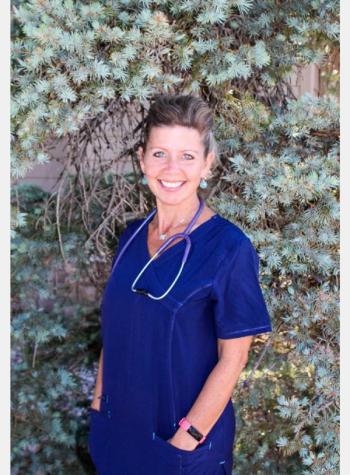
As nurses around the country weigh their professional options, some wonder if the answer resides in telling a white lie. But every choice has a consequence. What are the ramifications of lying on a religious exemption form?

Becoming a nurse entrepreneur can be a surprisingly easy and sometimes affordable option that most nurses never consider.

Rather than encouraging patients to acknowledge their sickness, it’s more valuable to have them recognize their wellness.

Nursing students sometimes face surprising hostility from nurse preceptors, explains contributor, Serenity Mirabito. However, the best nurse preceptors operate as agents for good by training and fostering the enthusiasm of young nursing students.

An oncology nurse with over 20 years of experience ponders the necessity of professional privacy in the workplace -particularly in light of COVID-19 vaccinations.

BIPOC patients diagnosed with breast cancer often face additional barriers–like health disparities, health literacy, and lack of knowledge of the psychosocial effects–in comparison to other ethnic groups.

Carolyn Hayes, PhD, RN, NEA-BC, chief nursing officer for Oncology Services at RWJBarnabas Health and Rutgers Cancer Institute of New Jersey, has been selected by the American Academy of Nursing (AAN) as a 2021 Fellow
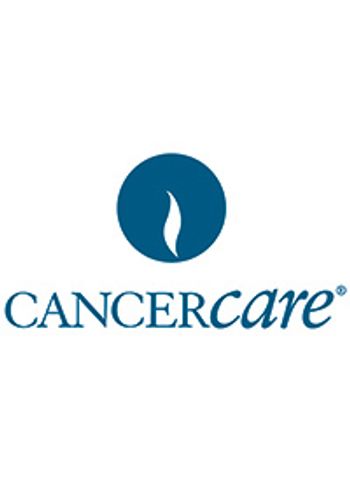
In order to meet the multifaceted needs of cancer patients, the role of case management in cancer care has recently grown.

The reasons for LGBTQ+ health care disparities are complex but unequivocal, founded in many socio-economic and cultural factors.
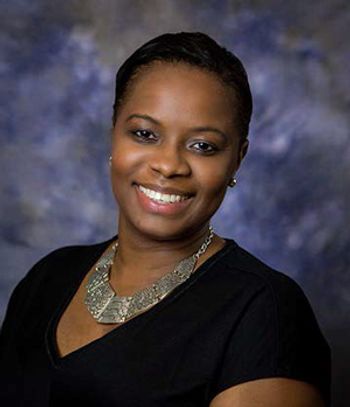
Now oncology nurses are experiencing high levels of stress, anxiety, post-traumatic stress disorder, and even burnout on top of new pandemic pressures. But most continue to uphold their commitment to providing quality patient care while remaining loyal to their colleagues by continuing to show up.


While COVID-19 continues to present much uncertainty for many people, those diagnosed with breast cancer are faced with unique challenges in navigating continued treatment.

Cancer care and the information around it has moved online.

Being a parent with cancer during a global pandemic brings added layers of challenge that may be more difficult to navigate without support.

Besides Facebook, Instagram, and Tik Tok to link them to the outside world, there are also cancer websites specifically geared for younger patients with cancer.

Your patient had a mastectomy and chemotherapy and is recovering on the post-op surgical oncology unit. She has 1 or 2 JPs (Jackson Pratt’s) which are drained on a prn basis and a surgical bra. The physical part of her recovery is in progress, but what about body image issues?

Health care providers play a significant role in the patient’s perception of the disease. Knowledge, attitude, and office atmosphere contribute to better psychological outcomes.
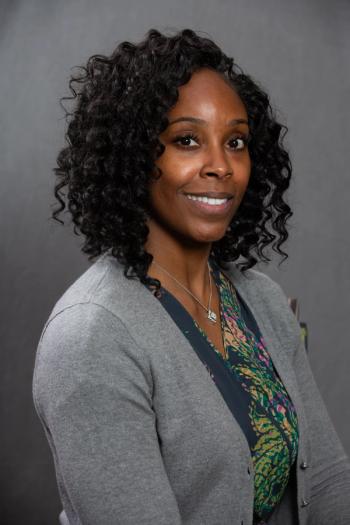
As nurses, we are at the frontline of delivering and coordinating patient care.

Mindfulness can be a powerful tool to reduce stress and improve patients' outlook after being diagnosed with cancer.

People with genetic mutations are often confronted with an abundance of screening protocols that can be overwhelming.

New perspectives, new faces of leadership, new leadership styles, all can create new opportunities with more voices being heard.

Any patient with cancer needs a caregiver through the treatment journey, but it's even more vital for patients with cancer undergoing the stem cell transplant process.
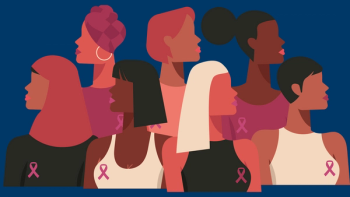
Despite advanced technology and new treatment breakthroughs in cancer care, treatment disparity remains among African American women with breast cancer.
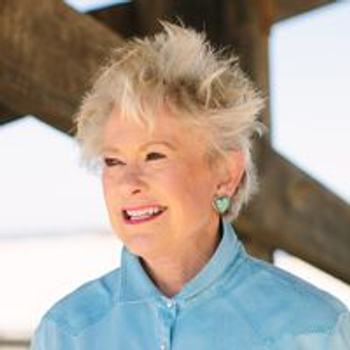
The stigma around palliative care is that it is only associated with end of life, and in some minds, giving up. But that isn't the case, as palliative care is a vital part of any critical care.

Among the various specialties of nursing, a sort of hierarchy has formed that may be putting competency with machines over nurse and patient interactions.

The grieving process doesn't stop when you think you're ready to go back to work, and it can be made worse when your coworkers are unsure how to console you. Which is why workplace assistance is essential for grieving employees.

A recent ranking of "the best" hospitals in the country did not take a key aspect of cancer care into proper consideration, the oncology nurse.

Retirement planning often never goes according to plan, but many oncology nurses are facing a retirement dilemma forced upon them by decisions from the higher levels of their respective health systems.

To fight the issues of burnout within oncology nursing, nurses must allow others to step into their world and understand the issues they face.